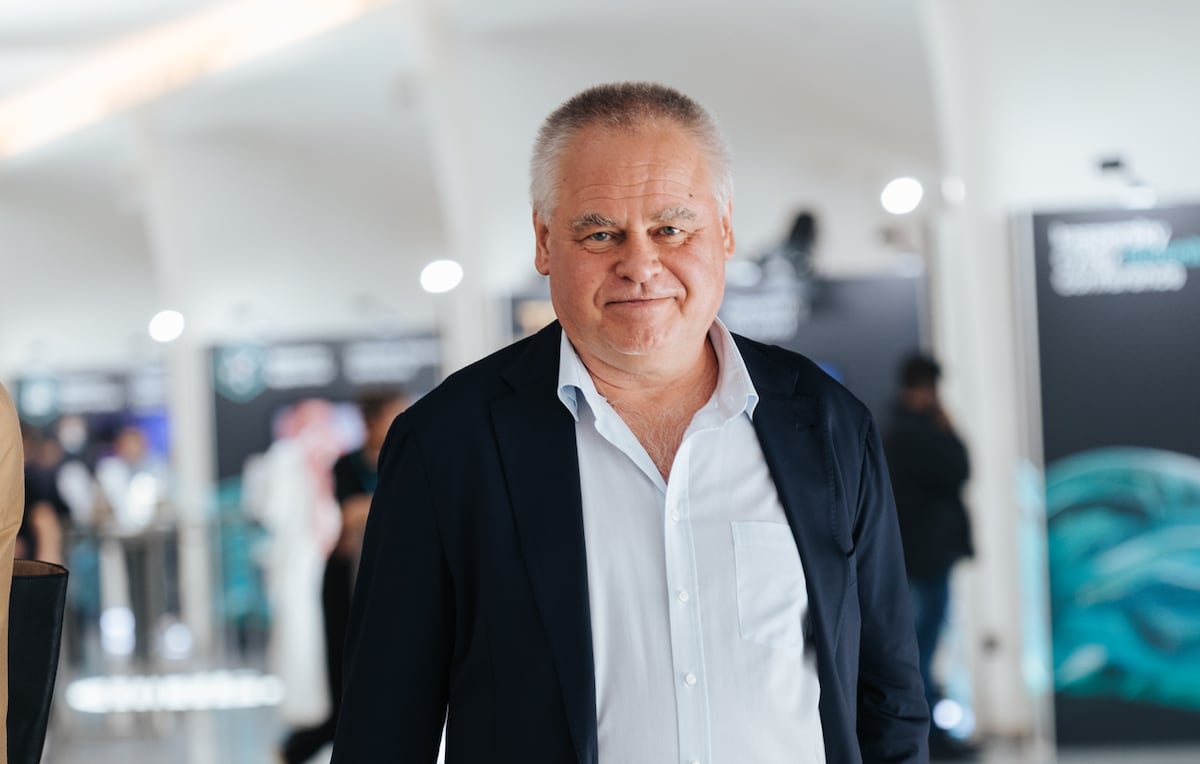A historic rainstorm caused unprecedented flooding in desert Dubai on April 16. Among the hundreds of people from all over the world trying to land in the city was Eugene Kaspersky (1965, Novorossiysk), founder and CEO of the cybersecurity company Kaspersky. His flight from Moscow was not without incident: “There was turbulence the entire time and I had to land in Abu Dhabi.” After waiting a couple of hours on the plane, he was able to leave the airport and get a car to take him to Dubai.
The Russian cybersecurity expert compares the storms in Dubai with the challenges his company faces in the United States. In recent years, the company has come under scrutiny due to allegations about its relationship with the Russian government. In fact, in 2017 the United States vetoed the use of software from Kaspersky to government agencies for fear of Russian espionage. Now it is preparing to go further and issue an order that would prevent American companies and citizens from using its software due to national security concerns, according to CNN.
“There are things in the world that we cannot change. We simply have to adapt to the new reality, as happens with storms. That is why we continue working,” says Kaspersky, in an interview with EL PAÍS, in relation to the United States accusations. Next, the expert boasts that his company has technologies “that recognize the malware (malicious software) better than others: we do it in real time and send what we capture on the Internet to the rest of the community. Companies like McAfee and Broadcom also exchange information. It is a kind of cooperation network.” Failure to do so, according to the expert, could reduce the quality of protection and expose users to greater risk.
The United States is not the only country that views Kaspersky with suspicion. In 2022, just two months after Russia invaded Ukraine, Germany’s Federal Cyber Security Authority urged companies and users to avoid using the company’s programs due to “a considerable risk of a successful cyber attack.” The CEO of Kaspersky defended himself: “These claims are speculations that are not supported by any objective evidence.”
When asked about his position on the war in Ukraine and his relationship with the Russian government, the expert insists that Kaspersky is “an independent cybersecurity company. We are a very transparent company. They fear that we will do something wrong. We explain to them that this is impossible because we cannot be invisible. Many people would see it and would not remain silent,” he says in an interview conducted at Kaspersky Cyber Immunity, an event organized in Dubai between April 17 and 19 to which EL PAÍS has been invited by the cybersecurity company.
Kaspersky stated in March 2022 that “war is not good for anyone.” His company has been especially affected in the United States: “Now they don’t want us and business has fallen by around 50%,” he says. However, he highlights that in some countries such as Spain it has not negatively affected them and that their products are still in the Catalog of Information and Communication Technology Security Products and Services of the National Cryptological Center. The purpose of this guide is to offer government agencies a set of reference services.
When the war began, cybercriminal activities and politically motivated attacks proliferated, according to the expert. “It doesn’t just happen with wars, but it happens with any major event, such as an earthquake or tsunami,” says the expert, who says he is “100% sure that attacks related to the Olympic Games will occur.” Cybercriminals “use the flaws of these events for social engineering and make further hacking attempts.”
In a war, “everyone” is vulnerable to cyberattacks: “Individuals, companies, soldiers…”. After the invasion of Ukraine, some companies that were active with Russia saw a 1,000% increase in attacks. “We were observing what was happening on the Russian side and there were massive attacks against various companies and public services. Many aimed to steal and publish sensitive data. Others were against the financial sector and infrastructure,” says Kaspersky.
A long time ago Kaspersky asked itself a question: “Why do malware and the crackers (people with advanced computer skills who use them for malicious purposes)?” He is clear about the answer: “Because the architecture of the operating systems is vulnerable.” He recalls that “the main ideas of modern operating systems were created in the 60s and 70s″. At that time, those who mainly used computer systems were scientists and military personnel. “Cybernetics was not for the general public. “It was for a club of gentlemen who knew each other, so there was no room for criminals.”
